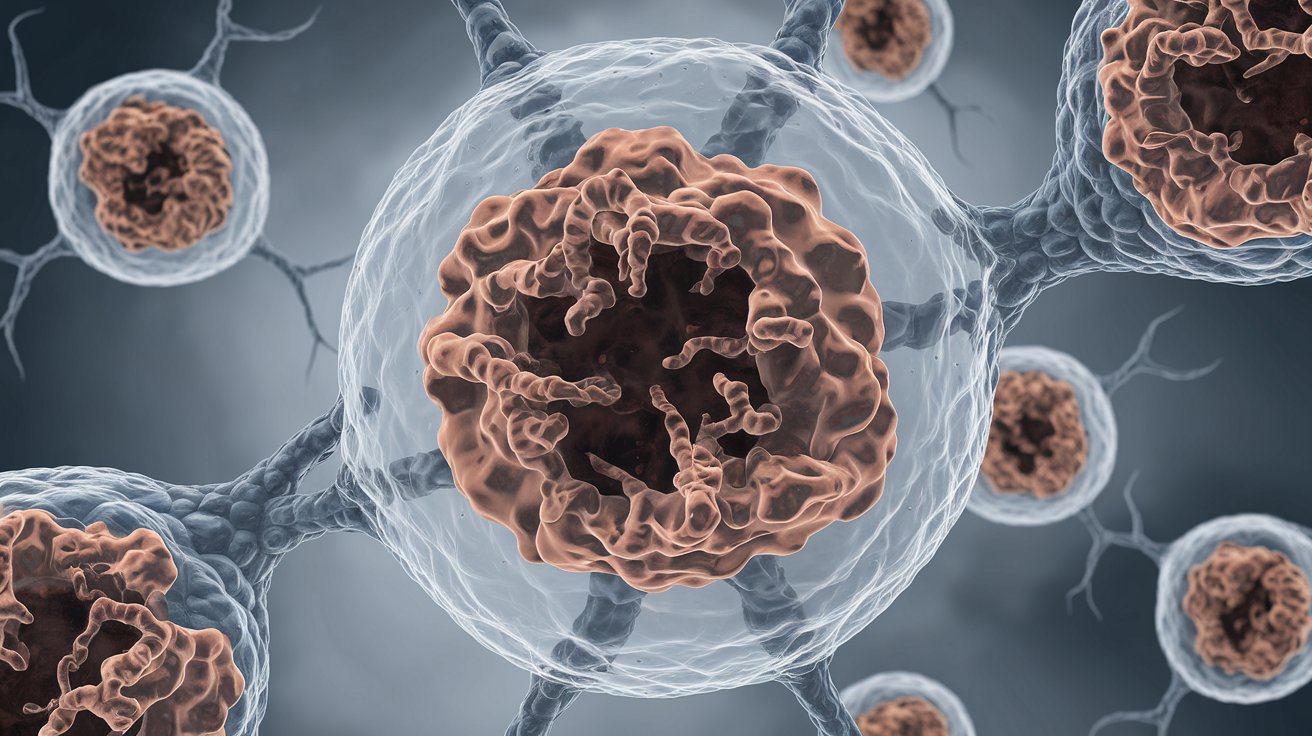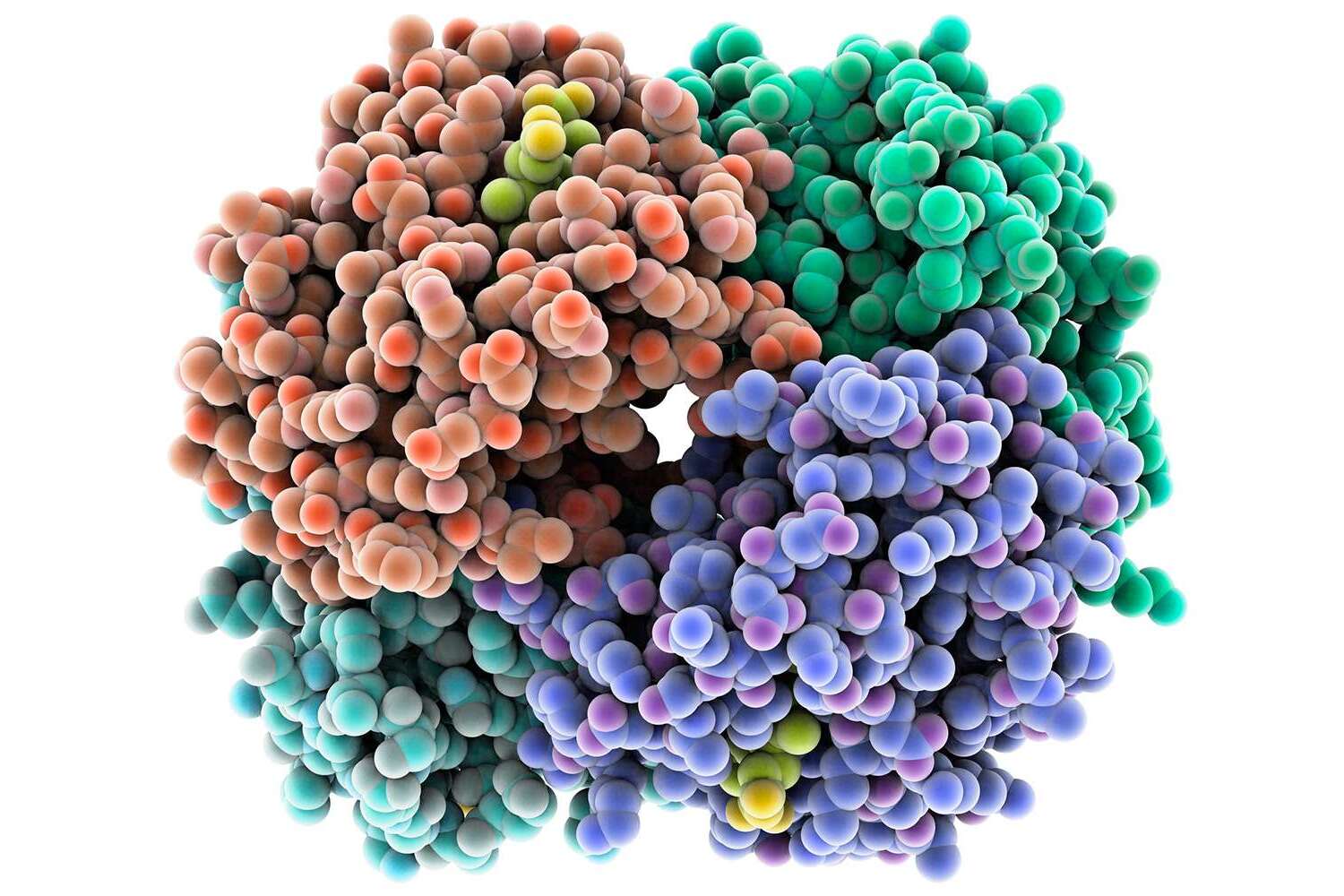
Gonadotropin insensitivity is a rare condition that affects the body's response to hormones responsible for sexual development and reproductive function. What causes gonadotropin insensitivity? This condition arises from mutations in the receptors for luteinizing hormone (LH) and follicle-stimulating hormone (FSH). These mutations prevent the body from responding properly to these hormones, leading to issues in sexual development and fertility. Individuals with this condition may experience delayed puberty, infertility, or underdeveloped sexual characteristics. Understanding the genetic basis and symptoms of gonadotropin insensitivity is crucial for early diagnosis and management. Let's dive into 20 intriguing facts about this rare condition to shed light on its complexities.
What is Gonadotropin Insensitivity?
Gonadotropin insensitivity, also known as gonadotropin resistance, is a rare condition where the body's tissues do not respond to gonadotropins. These hormones, luteinizing hormone (LH) and follicle-stimulating hormone (FSH), are crucial for sexual development and reproductive function.
- Gonadotropin insensitivity can affect both males and females, leading to various reproductive issues.
- The condition is often caused by mutations in the receptors for LH and FSH.
- Symptoms in males may include delayed puberty, underdeveloped testes, and infertility.
- Females with gonadotropin insensitivity might experience irregular menstrual cycles, lack of ovulation, and infertility.
How Does Gonadotropin Insensitivity Affect the Body?
Understanding the impact of this condition on the body helps in recognizing its symptoms and seeking appropriate treatment. The body's inability to respond to gonadotropins disrupts normal sexual development and reproductive functions.
- In males, gonadotropin insensitivity can lead to a lack of testosterone production.
- Females may have low levels of estrogen due to the body's failure to respond to FSH.
- The condition can result in primary amenorrhea, where menstruation never begins.
- Secondary sexual characteristics, such as breast development in females and facial hair in males, may be underdeveloped.
Diagnosing Gonadotropin Insensitivity
Early diagnosis is crucial for managing symptoms and improving quality of life. Various tests and examinations help in identifying this condition.
- Blood tests measuring levels of LH, FSH, testosterone, and estrogen are commonly used.
- Genetic testing can identify mutations in the receptors for LH and FSH.
- Imaging studies, like ultrasound, may be used to examine the reproductive organs.
- A physical examination can reveal underdeveloped secondary sexual characteristics.
Treatment Options for Gonadotropin Insensitivity
While there is no cure for gonadotropin insensitivity, several treatment options can help manage symptoms and improve reproductive health.
- Hormone replacement therapy (HRT) is often used to address hormone deficiencies.
- Assisted reproductive technologies, such as in vitro fertilization (IVF), may help individuals achieve pregnancy.
- Regular monitoring by an endocrinologist is essential for managing the condition.
- Psychological support and counseling can help individuals cope with the emotional impact of the condition.
Living with Gonadotropin Insensitivity
Living with gonadotropin insensitivity requires ongoing medical care and support. Understanding the condition and its implications can help individuals lead fulfilling lives.
- Maintaining a healthy lifestyle, including a balanced diet and regular exercise, is important.
- Joining support groups can provide emotional support and practical advice.
- Educating oneself about the condition helps in making informed decisions about treatment and lifestyle.
- Open communication with healthcare providers ensures that the best possible care is received.
Final Thoughts on Gonadotropin Insensitivity
Gonadotropin insensitivity, though rare, has significant impacts on those affected. Understanding this condition helps in recognizing its symptoms early, leading to better management. The body's inability to respond to gonadotropins can result in delayed puberty, infertility, and other hormonal imbalances. Early diagnosis and treatment can improve quality of life for those with this condition.
Research continues to uncover more about the genetic mutations causing gonadotropin insensitivity. Advances in medical science offer hope for better treatments and possibly even cures in the future. Awareness and education about this condition are crucial for early intervention and support.
By staying informed and advocating for those affected, we can contribute to a better understanding and management of gonadotropin insensitivity. Knowledge empowers us to make a difference in the lives of those dealing with this challenging condition.
Was this page helpful?
Our commitment to delivering trustworthy and engaging content is at the heart of what we do. Each fact on our site is contributed by real users like you, bringing a wealth of diverse insights and information. To ensure the highest standards of accuracy and reliability, our dedicated editors meticulously review each submission. This process guarantees that the facts we share are not only fascinating but also credible. Trust in our commitment to quality and authenticity as you explore and learn with us.


